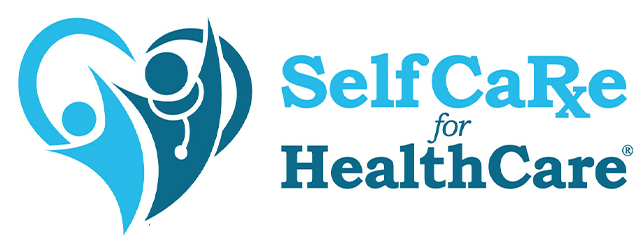More young nurses are opting to obtain advanced degrees, which will help fill gaps in primary care. But it will also take them away from the patient’s bedside.
Nearly 50% of millennial nurses (ages 19-36), 35% of those in Generation X (ages 37-53), and 12% of baby boomers (ages 54-71) plan to become advanced-practice nurses, according to AMN Healthcare, a healthcare staffing agency that polled nearly 3,400 nurses in April 2017.
They are predominantly aiming to become nurse practitioners, who generally have more autonomy and are well-suited to take on less acute cases and fill care gaps left by the shortage of primary-care physicians. But there is also a lack of registered nurses, and this education trend could exacerbate the current shortage.
Seven states are projected to have RN shortages persist through 2030 as the aging population and need for chronic disease management will drive demand, according to the U.S. Bureau of Labor Statistics.
Nurse practitioner is one of the fastest-growing occupations in the United States, in part because it offers independence, a challenging work environment and educational progress. When organizations help nurses earn those higher degrees, they often leave for higher-paying jobs.
Seventeen percent of millennial RNs plan to look for a new nursing job while the economy is improving, compared to 15% of Gen Xers and 10% of baby boomers, according to the AMN survey. Ten percent of millennials said they would pursue travel nursing, while only 6% of Gen Xers and 5% of boomers agreed.
More than a third of millennials seek a leadership role, compared to 27% of Gen Xers and 10% of boomers.
To learn how to increase recruitment and retention, visit SelfCare for HealthCare™. Interested in LeAnn Thieman’s keynote speaking, training and workshops? Email lthieman@leannthieman.com.




